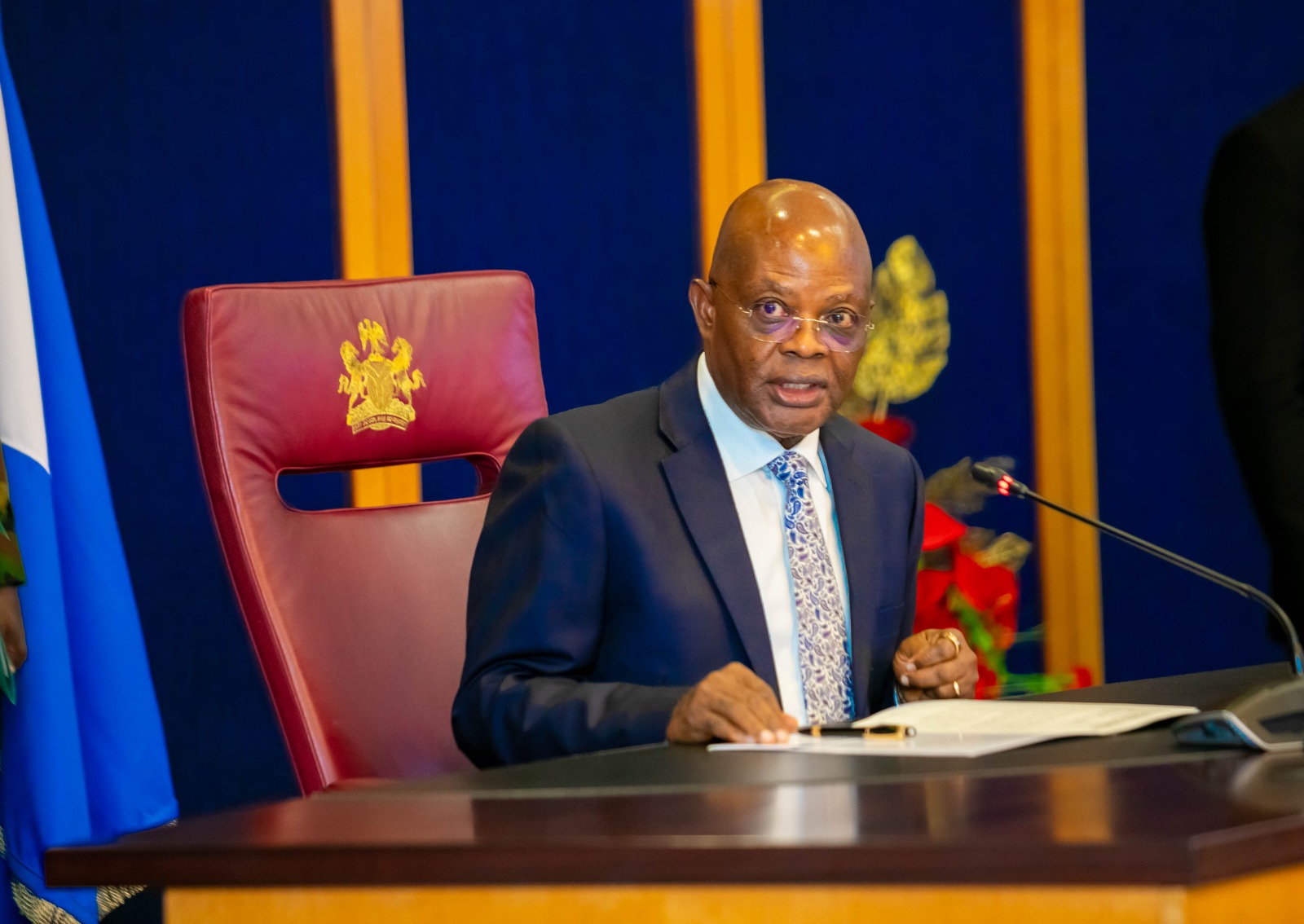Shettima, Cardoso underscore institutional resilience, private investment for trade expansion
Governor of the Central Bank of Nigeria (CBN), Olayemi Cardoso, has reaffirmed the Bank’s commitment to building a strong and resilient domestic economy, anchored on trust in market participants, the private sector, and Nigerian citizens.
In his opening remarks at the 32nd Annual Meetings of the African Export-Import Bank (Afreximbank), which commenced yesterday in Abuja, he stressed the importance of foresight, discipline and good governance in navigating economic uncertainty.
Cardoso pointed out that institutions that had truly succeeded were those that anticipated the crisis before it emerged, built buffers to withstand shocks, diversified risks, and remained focused even when others were distracted.
However, he cautioned that the efforts would be futile without robust governance systems.
“Resilience is not accidental, it is engineered through intentional decisions, a solid foundation, and a long-term growth mindset. It requires crisis preparedness, strategic investments, and sound infrastructure, all of which the CBN has made a core priority,” he said.
Reflecting on Afreximbank’s journey, Cardoso lauded its President, Prof Benedict Oramah, for his unwavering commitment to Africa’s economic growth.
In his remarks at the occasion, the Vice President, Kashim Shettima expressed the need for African leaders to move beyond the rhetoric of resilience and actively pursue renewable transformation by mobilising blended financing that would attract private capital to drive infrastructure and green transition.
According to him, such bold action is critical to boosting intra-African trade and ensuring shared prosperity across the continent.
Shettima, who was represented by Special Adviser on Economic Affairs, Dr Tope Fasua, said there was need to deepen regional value chains under the African Continental Free Trade Area (AfCFTA), powered by the institutionalisation of digital trade systems.
He noted that digitalising trade would reduce costs and enhance the competitiveness of African products across borders.
He further advocated strengthening financial institutions with fresh capital injections, robust governance frameworks, and improved facilitation mechanisms.
According to Shettima, it is not enough to pursue economic transformation, it must be inclusive, reaching young people, SMEs, and women entrepreneurs.











